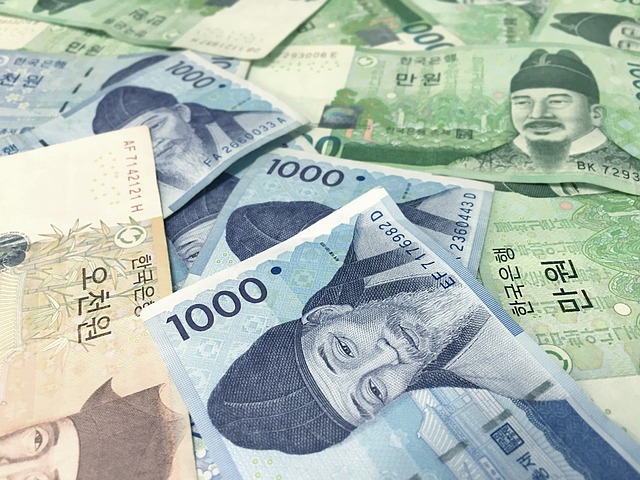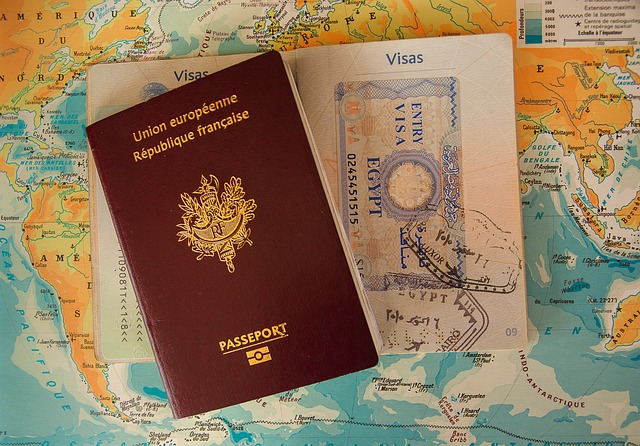Remote work, also known as teleworking or home office, has become increasingly popular in Austria, especially in the wake of the COVID-19 pandemic. This shift has transformed the way businesses operate and how employees balance their professional and personal lives. Austria, with its robust legal framework and high quality of life, is well-suited to accommodate remote work. This article explores the legal aspects of remote work in Austria, along with best practices for employers and employees to ensure productivity, compliance, and well-being.
Legal Framework for Remote Work in Austria
Austria has specific laws and regulations governing remote work to protect both employers and employees. Understanding these legal requirements is essential for implementing remote work policies effectively.
1. Employment Contract and Remote Work Agreements
Remote work in Austria must be formalized through a written agreement between the employer and employee. This agreement should outline:
- The scope and duration of remote work.
- Work hours and availability expectations.
- Equipment and tools provided by the employer.
- Data protection and confidentiality measures.
- Reimbursement for work-related expenses (e.g., internet, electricity).
2. Working Hours and Overtime
Austrian labor law applies to remote workers just as it does to on-site employees. Key provisions include:
- Maximum Working Hours: Employees cannot work more than 48 hours per week or 10 hours per day.
- Rest Periods: Employees are entitled to a minimum of 11 hours of rest between workdays.
- Overtime: Overtime must be compensated with additional pay or time off, as agreed in the employment contract.
3. Health and Safety
Employers are responsible for ensuring a safe and ergonomic work environment, even for remote workers. This includes:
- Providing guidelines for setting up a home office.
- Conducting risk assessments to identify potential hazards.
- Offering support for mental health and well-being.
4. Data Protection and Cybersecurity
Austria’s data protection laws, aligned with the EU’s General Data Protection Regulation (GDPR), require employers to:
- Implement measures to protect sensitive data.
- Provide training on data security best practices.
- Ensure that remote work tools and platforms comply with GDPR standards.
5. Taxation and Social Security
Remote work can have implications for taxation and social security contributions. Key considerations include:
- Tax Residency: Employees working remotely from Austria are subject to Austrian income tax.
- Social Security: Contributions are typically based on the country where the work is performed. Employers must ensure compliance with Austrian social security regulations.
Best Practices for Employers
Implementing remote work successfully requires careful planning and communication. Here are some best practices for employers:
1. Develop a Clear Remote Work Policy
A comprehensive remote work policy should outline expectations, responsibilities, and procedures. This includes:
- Eligibility criteria for remote work.
- Communication protocols and tools.
- Performance evaluation and reporting mechanisms.
2. Provide the Necessary Tools and Equipment
Ensure that employees have access to the tools they need to work effectively, such as:
- Laptops, smartphones, and other hardware.
- Software and collaboration platforms (e.g., Microsoft Teams, Slack).
- High-speed internet and technical support.
3. Foster Communication and Collaboration
Maintaining strong communication is crucial for remote teams. Employers should:
- Schedule regular check-ins and team meetings.
- Use video conferencing to maintain face-to-face interaction.
- Encourage open communication and feedback.
4. Prioritize Employee Well-Being
Remote work can blur the boundaries between work and personal life. Employers should:
- Promote work-life balance by encouraging regular breaks and time off.
- Offer mental health resources and support.
- Recognize and reward employee achievements to boost morale.
5. Monitor Compliance with Labor Laws
Employers must ensure that remote work arrangements comply with Austrian labor laws, including:
- Adhering to working hour regulations.
- Providing a safe and ergonomic work environment.
- Respecting employees’ rights to privacy and data protection.
Best Practices for Employees
Remote work offers flexibility and autonomy, but it also requires discipline and self-management. Here are some tips for employees to thrive in a remote work environment:
1. Set Up a Dedicated Workspace
Create a comfortable and ergonomic workspace to enhance productivity and reduce distractions. Ensure that your workspace has:
- A comfortable chair and desk.
- Proper lighting and ventilation.
- Minimal noise and interruptions.
2. Establish a Routine
Maintain a consistent daily routine to structure your workday. This includes:
- Setting regular work hours and sticking to them.
- Taking scheduled breaks to rest and recharge.
- Dressing professionally to maintain a work mindset.
3. Communicate Effectively
Stay connected with your team and manager by:
- Participating actively in virtual meetings and discussions.
- Providing regular updates on your progress and challenges.
- Using collaboration tools to share files and ideas.
4. Manage Your Time Wisely
Remote work requires strong time management skills. To stay on track:
- Prioritize tasks and set realistic goals.
- Use time-tracking tools to monitor your productivity.
- Avoid multitasking and focus on one task at a time.
5. Take Care of Your Well-Being
Remote work can be isolating, so it’s important to prioritize your physical and mental health. This includes:
- Incorporating physical activity into your daily routine.
- Practicing mindfulness or meditation to reduce stress.
- Staying socially connected with colleagues, friends, and family.
Challenges and Solutions in Remote Work
While remote work offers many benefits, it also presents challenges that need to be addressed:
1. Isolation and Loneliness
- Solution: Encourage virtual social interactions, such as online team-building activities or informal chats.
2. Difficulty in Separating Work and Personal Life
- Solution: Set clear boundaries by defining work hours and creating a dedicated workspace.
3. Technical Issues
- Solution: Provide employees with reliable equipment and access to IT support.
4. Maintaining Productivity
- Solution: Use productivity tools and techniques, such as task management apps and the Pomodoro Technique.







